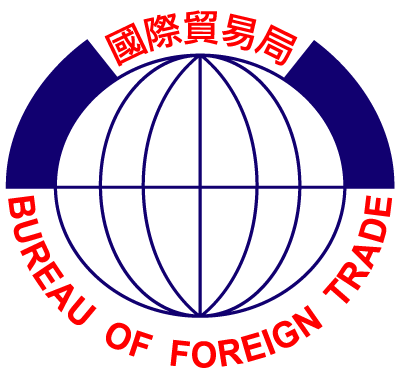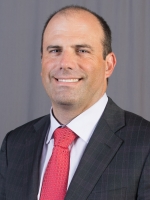
Robert Heath
Professor, University of Texas at Austin
The executive chair of the workshop

Amin Azari
Researcher, Ericsson
The general co-chair of the workshop

Kai Liang
Researcher, Xidian University
The general co-chair of the workshop
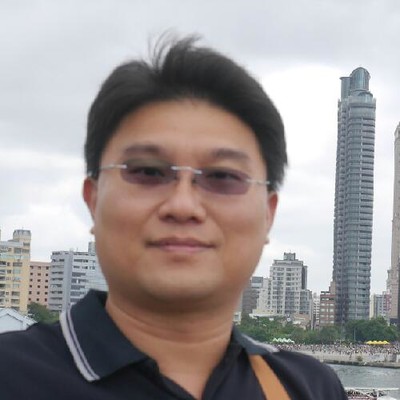
Whai-En Chen
Professor, National ILan University
The technical co-chair of the workshop

Aldebaro Klautau
Professor, Federal University of Para
The technical co-chair of the workshop

Xiaoli Chu
Professor, Univ. of Sheffield
The technical co-chair of the workshop

Neiva Linder
Research leader, Ericsson
The technical co-chair of the workshop
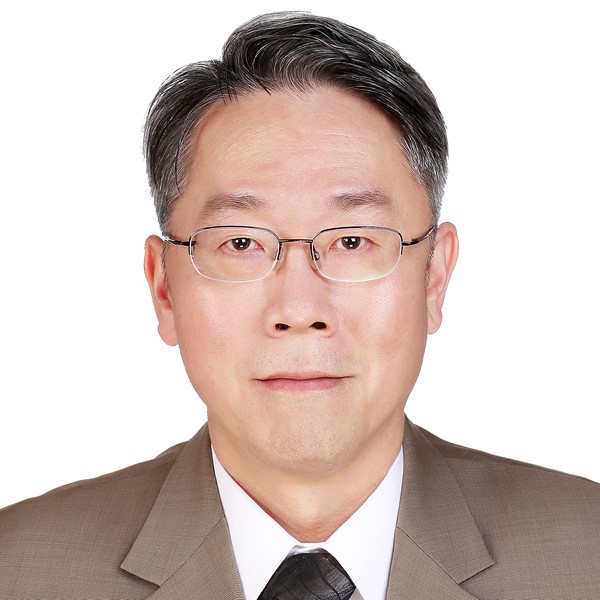
Char Dir Chung
Professor, National Taiwan University,
Steering comittee member of the workshop
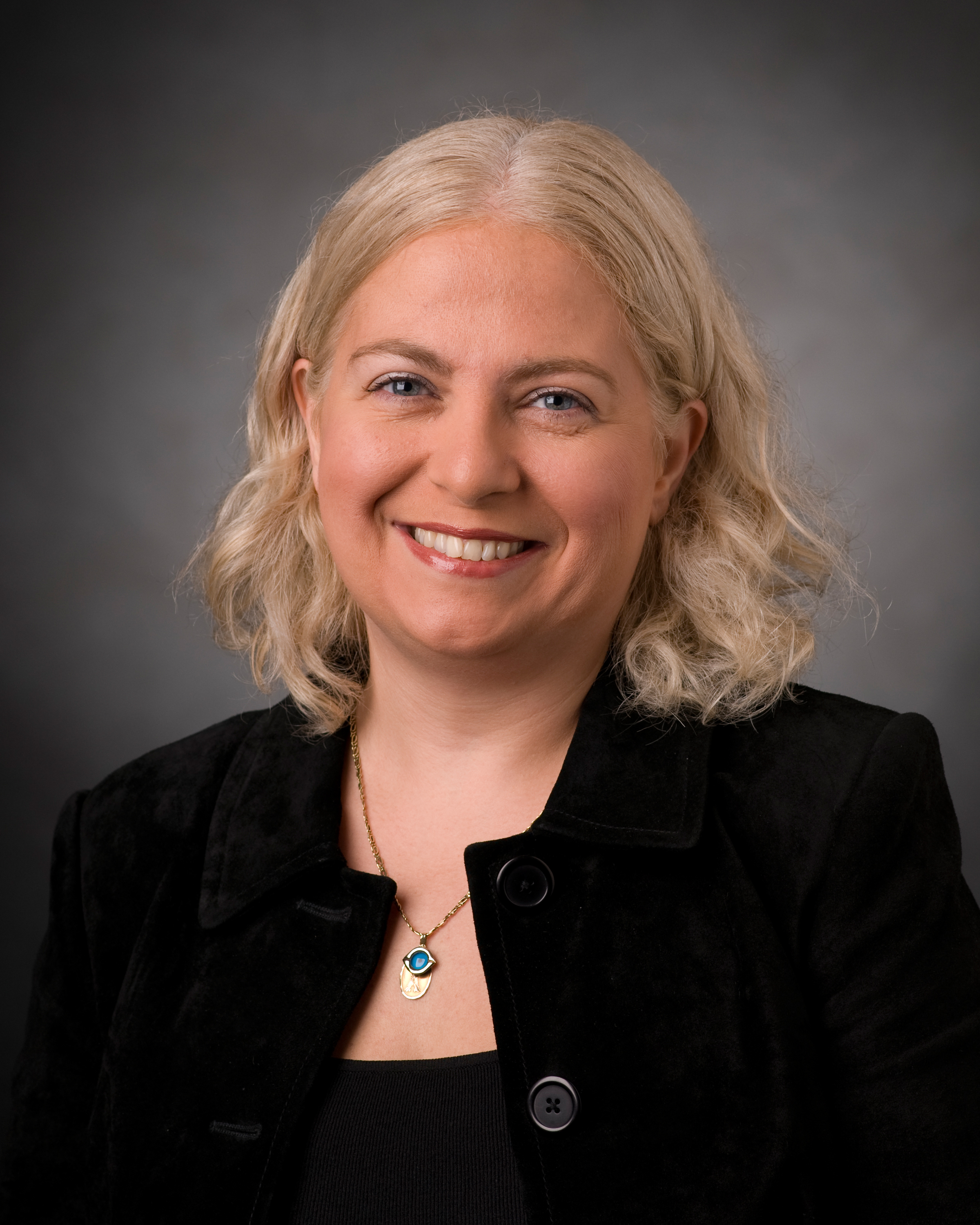
Aylin Yener
Professor, The Ohio State University
Steering comittee member of the workshop
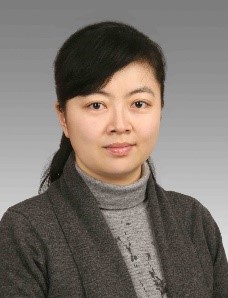
Zan Li
Professor at Xidian University, China
Steering comittee member of the workshop

Nageen Himayat
Director and Principal Engineer, Intel
Steering comittee member of the workshop
Robert W. Heath, Jr. (S’96–M’01–SM’06–F’11) received the B.S. and M.S. degrees from the University of Virginia, Charlottesville, VA, USA, in 1996 and 1997, respectively, and the Ph.D. degree from Stanford University, Stanford, CA, USA, in 2002, all in electrical engineering. From 1998 to 2001, he was a Senior Member of the Technical Staff then a Senior Consultant at Iospan Wireless Inc., San Jose, CA, USA, where he worked on the design and implementation of the physical and link layers of the first commercial MIMO-OFDM communication system. Since January 2002, he has been with the Department of Electrical and Computer Engineering, The University of Texas at Austin, where he is a Cullen Trust for Higher Education Endowed Professor, and is a member of the Wireless Networking and Communications Group. He is also the President and CEO of MIMO Wireless Inc. He has authored the book Introduction to Wireless Digital Communication (Prentice Hall, 2017) and the Digital Wireless Communication: Physical Layer Exploratin Laboratory Using the NI USRP (NTS Press, 2012), and has coauthored the book Millimeter Wave Wireless Communications (Prentice Hall, 2014) and the Foundations of MIMO Communication (Cambridge University Press, 2019).
Dr. Amin Azari received the B.Sc. degree in electrical engineering from the Tehran University, Iran (2010), the M.Sc. degree in communications engineering from the University of Tehran, Iran (2013).
He received the Ph.D. degree in information and communications technology from KTH in 2018. In 2018-2019, He has been a postdoc fellow on data science in Stockholm University, and a postdoc fellow on 5G Wireless Networks in KTH. He is currently an experienced Researcher at Ericsson-Sweden, within the Research Area Networks – Management and Automation. His research interests span diverse areas such as 5G wireless networks, Internet of Things, and machine learning. He has actively served as a reviewer for flagship IEEE Transactions and Conferences, and has participated as a Technical Program Committee Member for several conferences and workshops, such as ICC 2019- 2020, VTC 2019, PIMRC 2017.
Dr. Kai Liang is a lecturer in the State Key Laboratory of Integrated Service Networks (ISN) at Xidian University, China. He received his PhD degree in Telecommunications Engineering at Xidian University in 2016. From September 2014 to September 2015, he was a visiting research student at the University of Essex, UK, funded by the China Scholarships Council. His current research interests include open networks, and wireless powered communications. He has co-organized 1 workshop at IEEE GLOBECOM 2019.
Prof. Aldebaro Klautau (S’92–M’97–SM’08) received the Ph.D. degree from the University of California at San Diego, San Diego, CA, USA, in 2003. In 1995, he was a Faculty Member with the Federal University of Santa Catarina, Florianópolis, Brazil. Since 1996, he has been with the Federal University of Pará (UFPA), Belém, Brazil, affiliated with the Computer Science (PPGCC) and Electrical Engineering (PPGEE) Graduate Programs. At UFPA, he is currently with the ITU-T TIES Focal Point and directs the Signal Processing (LaPS) and the Embedded Systems (LASSE) research groups. His research interests include signal processing and machine learning applied to telecommunications. He is also a Researcher of the Brazilian National Council of Scientific and Technological Development (CNPq).
Prof. Xiaoli Chu is a professor in the EEE Department at University of Sheffield, UK. She is corecipient of IEEE ComSoc 2017 Young Author Best Paper Award and is lead editor/author of the book Heterogeneous Cellular Networks (CUP, 2013). She is Senior Editor for IEEE Wireless Communications Letters and Editor for IEEE Communications Letters. She was Co-Chair of Wireless Communications Symposium for IEEE ICC 2015, Workshop Co-Chair for IEEE GreenCom 2013, and has co-organized 6 workshops at IEEE GLOBECOM and ICC.
Prof. Whai-En Chen is a professor and chairman in the department of computer science and information engineering (CSIE) at National Ilan University, Taiwan. He received a Ph.D. in Computer Science from National Tsing Hua University in 2002. He served as a Research Assistant Professor in National Chiao Tung University from 2002 to 2007. Since August 2007, Dr. Chen joined the Institute of CSIE as an Assistant Professor at National Ilan University and served as the division head at network division of Computer Center. During 2008-2013, he served as the director of the Institute of CSIE. Since 2010, he has been promoted as an Associate Professor. During 2014-2016, he served as the director of Library and Information Center. His research interests include IPv6 Transition, Mobility Management, IoT development and Wireless/Mobile Networks.
Dr. Neiva Linder is a Research Leader for the Network Orchestration and Automation area at Ericsson Research in Sweden. She has research interests on AI based operations applied to mobile networks automation and service assurance. Neiva joined Ericsson in 2011 and has worked in several technology areas applied to fixed and mobile backhaul network architectures, transport solutions for 4G/5G, including Cloud RAN, SDN, NFV, network slicing, etc. She has over 10 years experience in telecommunications.
Aylin Yener (S’91–M’01–SM’14–F’15)
Aylin Yener holds the Roy and Lois Chope Chair in Engineering at The Ohio State University, Columbus Ohio, since 2020, where she is a professor of Electrical and Computer Engineering, professor of Integrated Systems Engineering and professor of Computer Science and Engineering. Until 2020, she was a University Distinguished Professor of Electrical Engineering and a Dean‘s Fellow at The Pennsylvania State University, University Park, PA, USA, where she joined the faculty as an assistant professor in 2002. She was a visiting professor of Electrical Engineering at Stanford University in 2016-2018 and a visiting associate professor in the same department in 2008-2009. Her current research interests are in information security, green communications, caching systems, machine learning for wireless communications, and more generally in the fields of information theory, communication theory, learning and networked systems. She received the NSF CAREER Award in 2003, the Best Paper Award in Communication Theory from the IEEE International Conference on Communications in 2010, the Penn State Engineering Alumni Society (PSEAS) Outstanding Research Award in 2010, the IEEE Marconi Prize Paper Award in 2014, the PSEAS Premier Research Award in 2014, the Leonard A. Doggett Award for Outstanding Writing in Electrical Engineering at Penn State in 2014, the IEEE Women in Communications Engineering Outstanding Achievement Award in 2018, and the IEEE Communications Society Best Tutorial Paper Award in 2019. She has been a distinguished lecturer for the IEEE Information Theory Society (2019-2020), the IEEE Communications Society (2018-2019) and the IEEE Vehicular Technology Society (2017-2021). She is a fellow of the IEEE.
Dr. Yener is serving as the president of the IEEE Information Theory Society in 2020. Previously she was the vice president (2019), the second vice president (2018), an elected member of the Board of Governors (2015-2018), and the treasurer (2012-2014) of the IEEE Information Theory Society.
Char-Dir Chung received the Ph.D. degree in electrical engineering from the University of Southern California, Los Angeles, in 1989. From 1989 to 1992, Dr. Chung was with the LinCom Corporation, Los Angeles. He joined the faculty of the National Central University (NCU) in Taiwan during 1992-2005. At NCU, he founded the Advanced Communication Laboratory in 1998, the Graduate Institute of Communication Engineering in 2000 and the Communication Engineering Department in 2003, and was the founding heads of these organizations. He has been on the faculty of the National Taiwan University since 2005, where he was endowed with the SiS Technology Chair in 2009 and has been a Distinguished Professor since 2011. Dr. Chung is a Fellow of the IEEE.
He served as the Chair of Taipei Chapter in the IEEE Information Theory Society from 1997 to 1999 and the Secretary of IEEE Taipei Section from 2007 to 2008. In 2004, he founded the Broadband Wireless Communications Industry Alliance in Taiwan and served as the founding Chair from 2004 to 2008. He was an Honorary Board Member of the Taiwan Institute of Electrical and Electronic Engineering in 2013. From 2013 to 2016, he acted as a Member of the 2014 IEEE Eric E. Sumner Award Committee. Since 2017, he has served as an Independent Director of Taiwan Mobile Corporation in Taiwan.
Nageen Himayat is a Director and Principal Engineer with Intel Labs, where she conducts research on distributed learning and data centric protocols over 5G/6G wireless networks. She also co-leads the joint Intel-NSF partnership on “Machine Learning for Wireless Networking Systems (MLWiNS).” Dr. Himayat’s research contributions span areas such as machine learning for wireless, millimeter wave and multi-radio heterogeneous networks, cross layer radio resource management, and non-linear signal processing techniques. She has authored over 300 technical publications, contributing to several IEEE peer-reviewed publications, 3GPP/IEEE standards, as well as numerous patent filings.
Prior to Intel, Dr. Himayat was with Lucent Technologies and General Instrument Corp, where she developed standards and systems for both wireless and wire-line broadband access networks. Dr. Himayat obtained her B.S.E.E degree from Rice University, and her Ph.D. degree from the University of Pennsylvania. She also holds an MBA degree from the Haas School of Business at University of California, Berkeley.
Zan Li is a University Professor at Xidian University, China. She received her B.S. degree in communications engineering and her M.S. and Ph.D. degrees in communication and information systems from Xidian University, China, in 1998, 2001, and 2006, respectively. Her research is focusing on the fields of wireless communication and signal processing, particularly covert communication, spectrum management, and wireless localization. She is the author or co-author of over 200 publications and numerous patents.
Dr. Li is the Fellow of Institution of Engineering and Technology (IET), China Institute of Electronics (CIE), and China Institute of Communications (CIC), and a Senior Member of IEEE. She serves as an Editor for IEEE Transactions on Cognitive Communications and Networking and China Communications. She served as the General Chair for IEEE CITS 2016 and served as Technical Program Committee Chair/Co-Chair or Member for around 20 major international conferences.





















